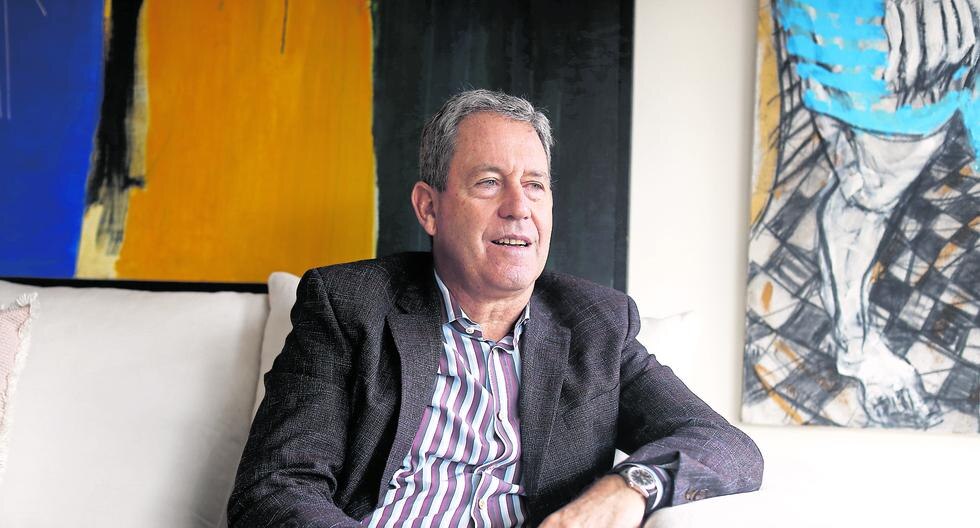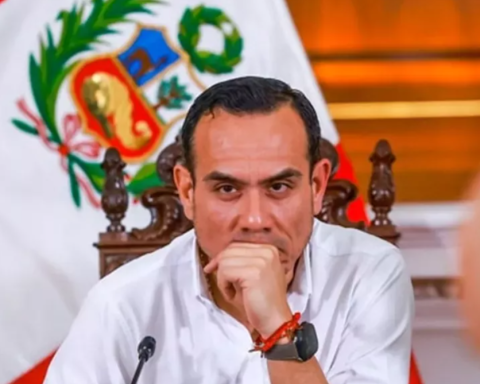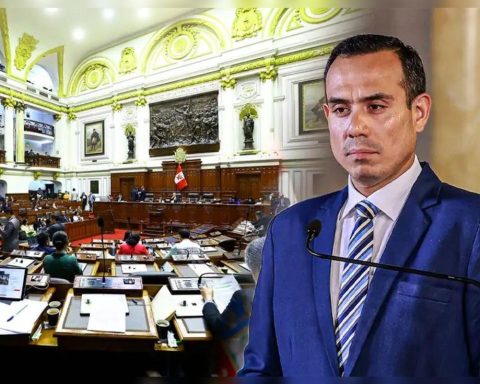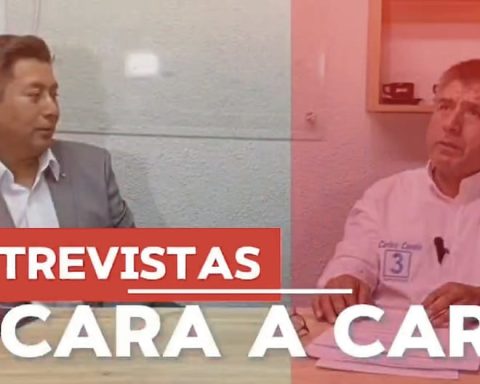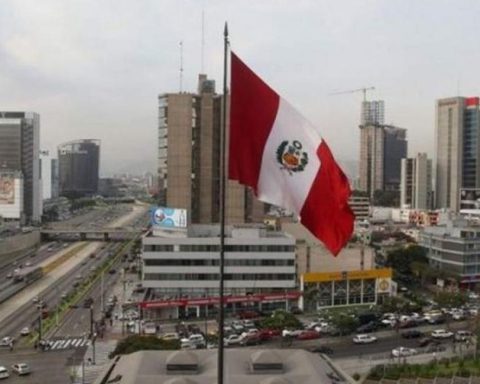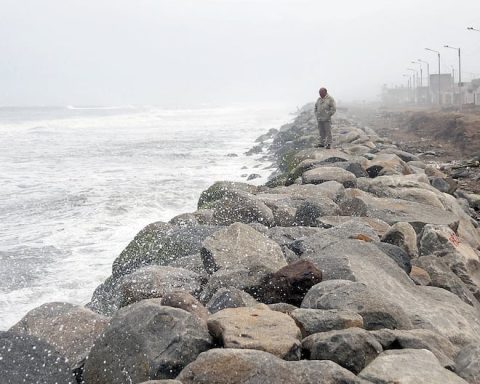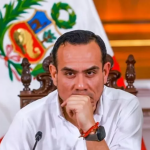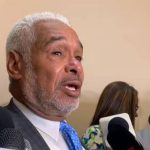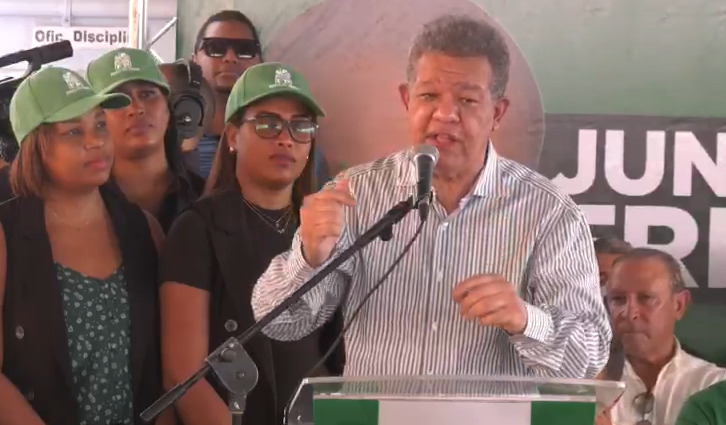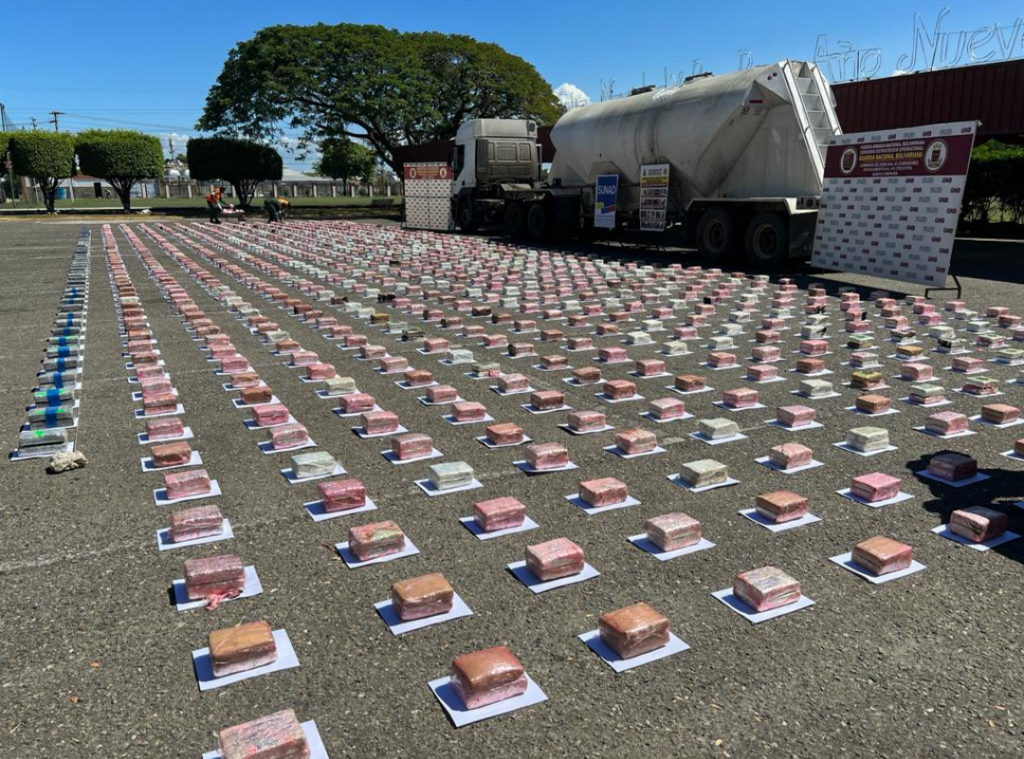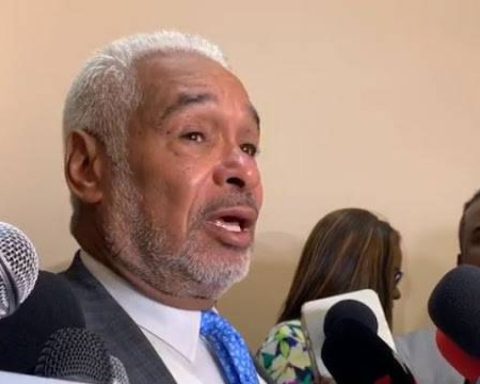The factors that favored the economy, such as the high price of copper, are beginning to fade and the shadow of the slowdown is looming more and more over Peru. That is the scenario observed by the former Minister of Economy Alfred Thorne, in a context in which the Government’s management may end up being an element that, like inflation, affects the pockets of citizens. In a conversation with Peru21, he warns of the risks facing the country.
Growth has been slowing in recent months and conflicts continue to affect mining. Is there a risk of growing less than the 3.1% forecast by the Central Reserve Bank?
We have a projection (of growth) for this year of 1.7% and we justify it in relation to that of the BCR by three factors. One is the strikes that have affected the mining sector. The BCR calculates that the effect subtracts only two tenths from the GDP, but we think that it is almost half a point. The second factor has to do with public works. The Central Bank itself, in its latest inflation report, reduced its projection for public works to 2.5% of growth this year; and the third is something that we are just seeing, that it is not clear how it is going to materialize: the winds in favor that we had from the external sector are starting to lose strength. We have seen it these days, for example, with the reduction in the price of copper. But the most important thing is that we have a US Federal Reserve (FED) that is determined to raise benchmark interest rates (to deal with inflation in that country).
What effects could this monetary policy decision by the FED have on Peru?
The BCR somehow ‘bought insurance’ by going ahead and raising its rates. Today the Central Bank has raised its rates to 5.5, it has raised them 11 times. The rate differential, which is what ultimately determines capital flows (to one country or another), benefits Peru and that is why we have seen the strengthening of the exchange rate, which has remained relatively stable. However, this is not necessarily going to stay that way. The FED expects to raise rates to 3.4% this year and 3.8% in 2023, and we expect the BCR to keep raising rates to 6.5%. There would be a small difference that would affect credit costs (plus interest), especially for consumers and investors.
We are facing a scenario in which the large and small entrepreneur can be even more cautious…
Most importantly, if this (the higher cost of credit) is coupled with political risk, it could make consumers and investors even more careful about their spending. Consumers are facing a relatively large inflation shock. We have seen in the newspapers the reduction of wages and on the side of the companies the period of high mining investment is coming to an end with the Quellaveco mine. There are no new big investments. There are announcements, but it seems that they are being delayed and both the big company and the small one are being affected.
The tender for the purchase of urea has been cancelled. Can fertilizer shortages contribute more to inflation?
The scenario is still very uncertain (…). The truth is that we are very dependent on food, especially the lowest income sectors, who spend almost 50% of their income buying food. So that does have an effect, not only on inflation, but on poverty, which could increase now. The BCR is doing what it has to do. Where we are not seeing something similar is in the management of the Government. We don’t need the government to buy the fertilizers, the private sector can buy them, the big problem is getting those fertilizers to the small farmer who produces much of the food.
Does the political takeover of public offices explain part of the lack of management capacity and execution quality of the current Government?
This is equivalent to a dismantling of the institutionality of our State. It is not only the public official, it is the Armed Forces that have also been groped, it is the Police. The fiber that allows us as a State to serve the population has been broken. We have people who are inept (in the government), who cannot carry out projects and when they carry them out, they do it for their own benefit. And we are entering that kind of snowball in which, due to the investigations and the lack of transparency in these processes, what we are going to do is paralyze public works (…). If we start to think that in a government like that of Pedro Castillo, which tried to reach the lowest income sectors, today public spending, not including investment, has already been reduced by almost one percentage point of GDP, it is a What is impressive is the ineffectiveness in the management of public finances (of the Executive).
There has been criticism of the work of the head of the Ministry of Foreign Trade and Tourism, Roberto Sánchez, for speaking out on issues that have little to do with his sector…
I could mention many ministers who get involved in the tasks of others. We can start with the prime minister (Aníbal Torres), who said that we have to change cars from gasoline to natural gas to reduce our costs. It is an aberration, it is like saying to the citizen: “I cannot solve the problems”. There is also the case of the Minister of Culture (Alejandro Salas), who seems to parade more on television channels instead of worrying about the culture of our country. The problem is not with the ministers, but with the conductor of the orchestra. There has to be someone, be it the Prime Minister or the President of the Republic, who guides the Government.
Business confidence was already affected, can it deteriorate further?
According to the data on business expectations compiled by the Central Bank, businessmen seem to have a relatively constructive expectation in a period of twelve months and very negative in three months. Although the May numbers have improved a bit, they are still in negative territory, they continue to reduce their orders (…). The BCR also provides data at the regional level and the great irony is that the south is doing the worst in terms of business expectations. In other words, the region hardest hit by this economic slowdown is the support base of the President of the Republic. Those sectors that chose Pedro Castillo to meet his needs are precisely the ones that are not seeing those benefits.
KEEP IN MIND:
- Alfredo Thorne is an economist from the PUCP, has a doctorate from the University of Oxford and was Minister of Economy and Finance between 2016 and 2017. He has worked in entities such as the World Bank and JP Morgan Chase Bank. Currently, he is a director of Thorne & Associates.
- “We have a loose fiscal situation. Since President Castillo has entered, he has received 3 or 4 percentage points of higher collection. He has the resources to meet the needs (of the population), but we have a State that has reached the climax of ineffectiveness, ”says Thorne.
